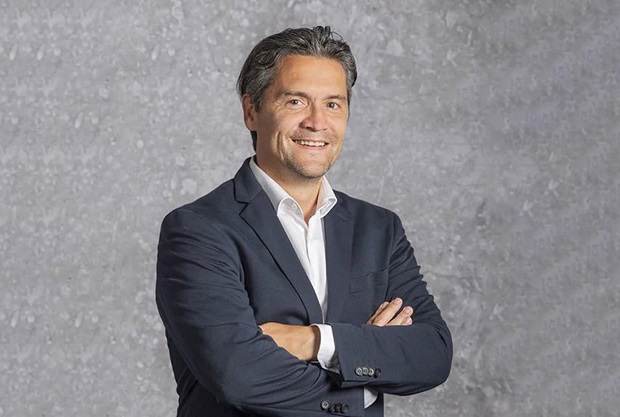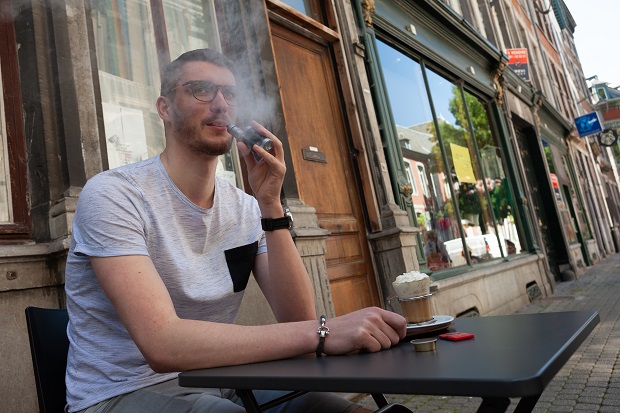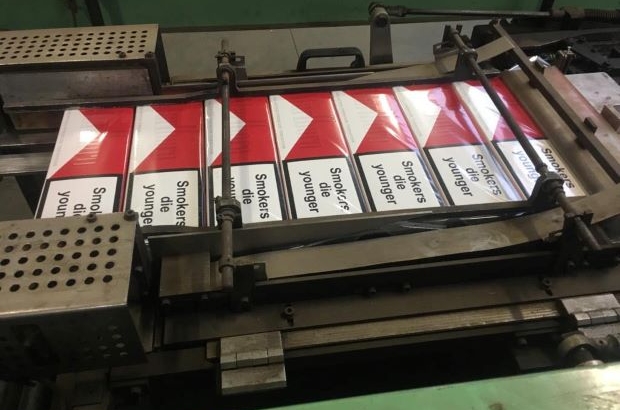- Daily & Weekly newsletters
- Buy & download The Bulletin
- Comment on our articles
Belgium’s consumption of illicit tobacco doubles in one year, alarming rise in production for French market
Belgium is now in the top 10 EU nations consuming illicit tobacco. One in 10 cigarettes smoked in the country in 2022 were illegal, a figure that has doubled in one year.
Criminal gangs are behind Belgium’s growing number of illegal tobacco factories, while the Belgian treasury lost €250 million in customs duties and VAT in 2022, reveals a study by KPMG for tobacco company Philip Morris International (PMI).
Illegal consumption in Belgium rose from 4.6% in 2021 to 9.8% in 2022, according to the audit firm in its annual report on trends in Europe’s illicit tobacco market, which now covers the EU, UK, Norway, Switzerland, Moldova and Ukraine.
While Belgium experienced a sharp increase in the consumption of fake cigarettes - from 70 million in 2021 to 270 million in 2022 - Ireland and Croatia also witnessed fast illicit growth, according to KPMG data.
Link between hard drugs and illicit tobacco
The number of illegal cigarette factories in Belgium is “increasing alarmingly” says the report, which consulted with law enforcement agencies. More and more production sites are being dismantled across the Benelux region. The latest in June saw customs seizing 30 million counterfeit cigarettes in West Flanders.
With the port of Antwerp already serving as a hub for illegal drugs, Belgium is further targeted by international gangs due to its proximity to clandestine tobacco markets in France and the UK.
For Grégoire Verdeaux (pictured below), senior vice president of external affairs at PMI, there’s a direct link between illicit tobacco and hard drugs as counterfeit factories are set up by extremely violent organised crime groups. “This is not a benign problem,” he insisted.

French tobacco market ‘out of control’
France, the EU country with the highest taxes on cigarettes, is experiencing an explosion in illicit tobacco with 61.5% of counterfeits consumed in 2022.
The state has lost control of the tobacco market, says Verdeaux, citing a €7.2 billion loss in tax revenue last year. “It’s in an utter state of denial… For the first time since the 17th century it is simply letting go of the tobacco market.”
Illicit products are easily accessible, he explained. Around half are bought from street sellers, frequently gathered around metro stations in Paris, while the remainder are available online via social networks with a heightened risk of attracting a youth population.
“Once the consumer is used to going to the black market, it’s difficult to get them back to a legal one,” points out Verdeaux.
He described France – where smoking prevalence remains high – as experiencing a perfect storm of high taxation and inflation, restrictive tobacco policies and a worsening level of criminality and delinquency.
The problem is compounded by the economic and social vulnerability of daily smokers; around half are unemployed and therefore more likely to buy illicit products. The better-off in the population smoke less as they embrace healthier lifestyle choices such as electronic cigarettes and other smoke-free products.
Restrictive tobacco policies in Belgium
Belgium’s high smoking prevalence of 24% combined with one of the most restrictive tobacco policies in Europe indicates that the country’s current regulations are not working, says Verdeaux.
“Traditional tobacco control policies are simply not enough. Aggressive fiscal policies, prohibitionist approaches and lack of deterrence in countries like France and Belgium are only benefitting criminals and pushing adult smokers toward the black market.”
With illegal cigarettes costing half the Belgian retail price of €8 a packet, the company says there’s less incentive for adult smokers to switch to less harmful smoke-free products.

Alternative smoke-free products
With smoking prevalence barely decreasing among the more deprived population, governments need to be pragmatic and pursue commercial routes as well as medical ones to encourage them to quit, continues Verdeaux.
“In real life, people who are in modest social and economic conditions have less access to health services. That’s why you should also have the commercial route.”
He warned: “The cost of ignoring the negative impact of illicit cigarettes on adult smokers, and on public health, is too high to turn a blind eye to.” Labelling the current growth in illicit trade as a “made in the EU” problem, he says it “undermines efforts to reduce and eliminate cigarette smoking and public health goals altogether”.
Verdeaux calls for robuster law enforcement, comprehensive regulatory approaches and forward-thinking policies to improve the lives of the millions of adults who continue to smoke. “This includes the adoption of differentiated policies on alternatives to cigarettes, including access to information about better alternatives, and smoke-free products that are available and affordable for all. No one should be left behind.”
As a global tobacco manufacturer, PMI’s business model is driven by transformation to smoke-free products for adult consumers, states Verdeaux. “We are the only company that is unambiguous about our position.”
Photos: (main image) ©FOD-SPF FINANCES; Grégoire Verdeaux; Goodboro e-cigarette, e-liquids & accessories store, Namur © Damien Maguire/Image Digital


















